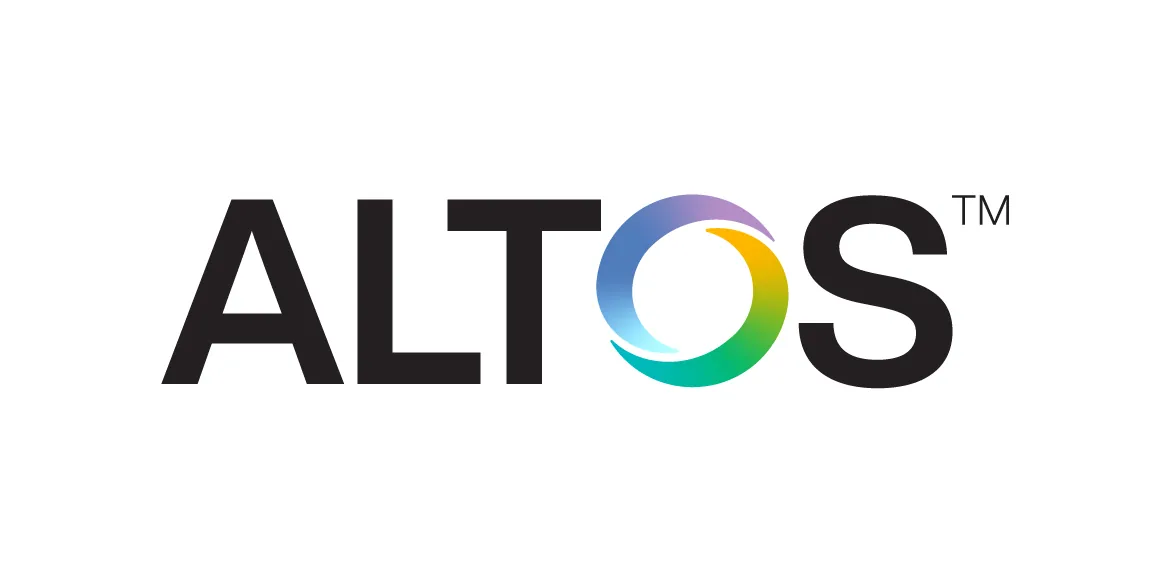A new company focused on aging has launched, and it has the backing of Yuri Milner and Jeff Bezos among other wealthy people interested in tackling aging.
Altos Labs is founded to treat aging itself
In recent months, there have been some hints but considerable secrecy surrounding the formation of a new aging research company by some prominent members of our community. Finally, the mystery of this new, large-scale venture has been solved.
Altos Labs has been announced and has the backing of a number of high net worth individuals from business and philanthropy communities. An article appearing in Technology Review revealed some of the details of this new company.
While that publication’s choice of title, Meet Altos Labs, Silicon Valley’s latest wild bet on living forever, makes the common mistake of conflating aging research with living forever or immortality, it also includes some factual information alongside the usual misunderstandings and misinterpretation of what our field is seeking to achieve.
Among the backers of Altos Labs are Russian-born billionaire Yuri Milner along with Jeff Bezos, the world’s richest person, the former CEO of Amazon who stepped down in July this year.
Could this time be different?
Regular readers will no doubt be familiar with past formations of similar companies, such as the Google-backed Calico Labs, which appeared with a great amount of hype and talk about how Google was taking on death and other such nonsense. While considerable fanfare heralded its arrival, very little in terms of tangible rejuvenation tech has resulted.
Instead, that company has produced a great deal of fundamental research about the biology of aging, which of course has a valid place, but such research does not exactly live up to the expectations that the community had for the company.
That said, the one exception to this was its recently published work with cellular reprogramming, which may prove useful in the future. This is an area of research that we are happy to see Calico exploring, so we hope that the company continues to do so.
Sadly, we have not seen much to be excited about from Google, so the greatly hyped arrival of another organization with big money behind it should be taken with a pinch of salt.
However, as for whether this time could be different, we will answer that with a cautious and somewhat more optimistic yes. The reason for this optimism is that, unlike the fairly vague goals that accompanied Calico’s arrival, Altos Labs has set its sights on a promising target.
Its focus is going to be on cellular reprogramming, which has been shown to reverse epigenetic alterations in mice. We are enthusiastic about the potential of cellular reprogramming, given that it directly targets one of the nine reasons we age.
Some great researchers are involved
Partial cellular reprogramming pioneer, Carlos Izpisúa Belmonte, a Spanish biologist at the Salk Institute, is rumoured to be joining Altos Labs. Belmonte famously demonstrated that living animals could have their cells rejuvenated using partial cellular reprogramming in 2016. While Salk has not confirmed this at the time of writing, if he is on the team, that gives us more confidence in this venture leading to something useful.
Steve Horvath, pioneer of DNA methylation clocks, the gold standard for aging biomarkers, is also joining the company. He has a wealth of experience regarding aging biomarkers and has spent years constantly improving and refining aging clocks to support the progress of our field.
Shinya Yamanaka, the co-discoverer of cellular reprogramming, will also be on the scientific advisory board.
There is no doubt that this roster of researchers will continue to grow in the next few months, and we will be interested to see who else joins the team.
Excerpt from Technology Review
Last October, a large group of scientists made their way to Yuri Milner’s super-mansion in the Los Altos Hills above Palo Alto. They were tested for covid-19 and wore masks as they assembled in theater on the property for a two-day scientific conference. Others joined by teleconference. The topic: how biotechnology might be used to make people younger. Milner previously started the glitzy black-tie Breakthrough Prizes, $3 million awards given each year to outstanding physicists, biologists, and mathematicians. But Milner’s enthusiasm for science was taking a provocative and specific new direction. As the scientific sessions progressed, experts took the stage to describe radical attempts at “rejuvenating” animals.
That meeting has now led to the formation of an ambitious new anti-aging company called Altos Labs, according to people familiar with the plans. Altos hasn’t made an official announcement yet, but it was incorporated in Delaware this year and a securities disclosure filed in California in June indicates the company has raised at least $270 million. Altos is pursuing biological reprogramming technology, a way to rejuvenate cells in the lab that some scientists think could be extended to revitalize entire animal bodies, ultimately prolonging human life. The new company, incorporated in the US and in the UK earlier this year, will establish several institutes in places including the Bay Area, San Diego, Cambridge, UK and Japan, and is recruiting a large cadre of university scientists with lavish salaries and the promise that they can pursue unfettered blue-sky research on how cells age and how to reverse that process.
Conclusion
While it is tempting to think of past disappointments and judge this new venture based on it, it is better to wait and see what happens. The company has the right focus and some of the right people, and it certainly has the money. We will be keeping a close eye on Altos Labs and seeing how things develop in the future.




